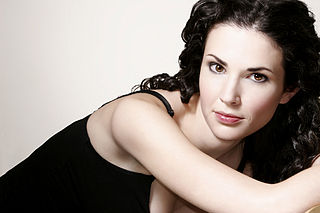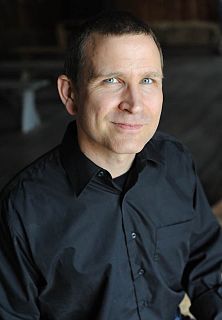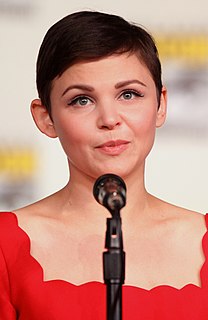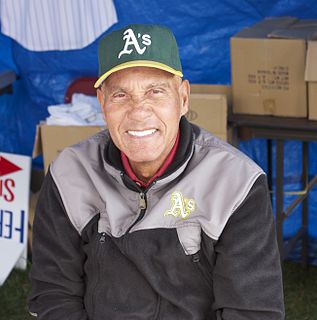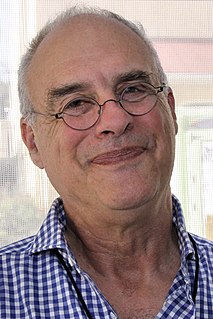A Quote by Gwyneth Paltrow
When I was twenty-one, a friend gave me a book called Diet for a New America by John Robbins, which exposed the brutal practices of American factory farms. That, coupled with a lecture from Leonardo DiCaprio (when he was nineteen and I was twenty-one) about how such animals are kept and processed, made me lose my desire for factory farm pork and beef right there.
Related Quotes
Today's fishing industry supplies land farms with fish as well. Over fifty percent of the fish caught is fed to livestock on factory farms and "regular" farms. It is an ingredient in the enriched "feed meal" fed to livestock. Farm animals, like cows, who by nature are vegans, are routinely force-fed fish as well as the flesh, blood, and manure of other animals. It may take sixteen pounds of grain to make one pound of beef, but it also takes one hundred pounds of fish to make that one pound of beef.
What the meat industry figured out is that you don't need healthy animals to make a profit. Sick animals are more profitable... Factory farms calculate how close to death they can keep animals without killing them. That's the business model. How quickly they can be made to grow, how tightly they can be packed, how much or how little can they eat, how sick they can get without dying...We live in a world in which it's conventional to treat an animal like a block of wood.
Meatless Mondays is a dead-simple strategy. Anyone can do it, and it doesn’t require major sacrifice. Even if you eat a typical American diet replete with processed, junk and fast food the other six days of the week, going meatless on Mondays will still cut your carbon footprint, improve your health and reduce demand for factory-farm meat.
Cows that are fed organic food are still kept as slaves on farms, regardless of whether it is a large corporate factory farm or a small family farm. Besides, every dairy cow, no matter what she has been fed, has her babies stolen from her shortly after birth and she will inevitably end up in the slaughterhouse.


